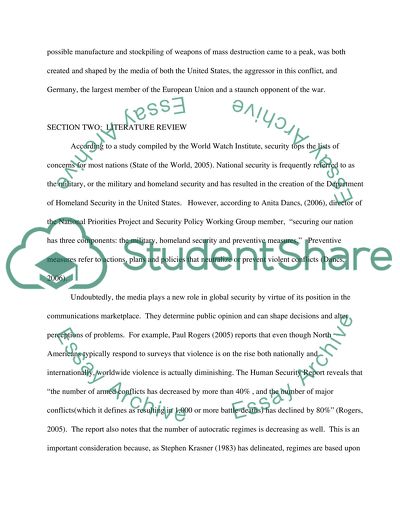Cite this document
(“The Political Economy of Global Communication Essay”, n.d.)
The Political Economy of Global Communication Essay. Retrieved from https://studentshare.org/miscellaneous/1499289-the-political-economy-of-global-communication
The Political Economy of Global Communication Essay. Retrieved from https://studentshare.org/miscellaneous/1499289-the-political-economy-of-global-communication
(The Political Economy of Global Communication Essay)
The Political Economy of Global Communication Essay. https://studentshare.org/miscellaneous/1499289-the-political-economy-of-global-communication.
The Political Economy of Global Communication Essay. https://studentshare.org/miscellaneous/1499289-the-political-economy-of-global-communication.
“The Political Economy of Global Communication Essay”, n.d. https://studentshare.org/miscellaneous/1499289-the-political-economy-of-global-communication.


